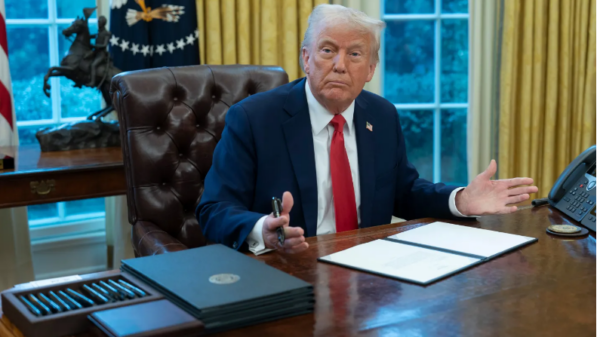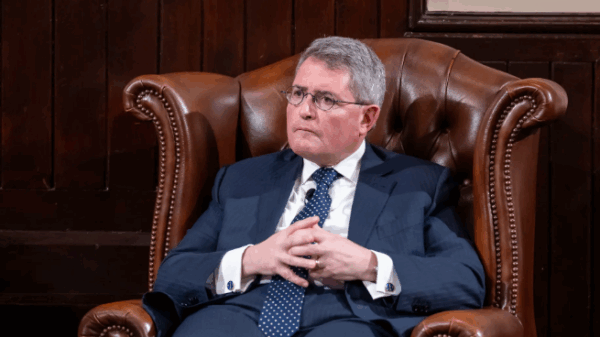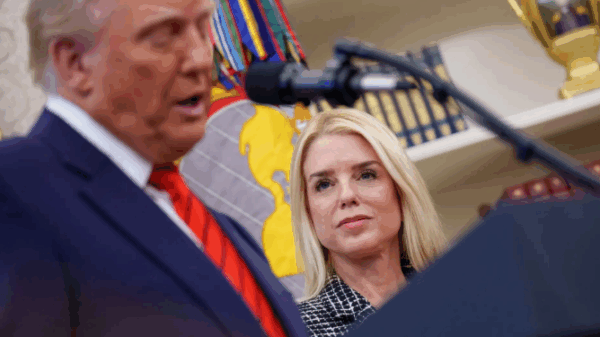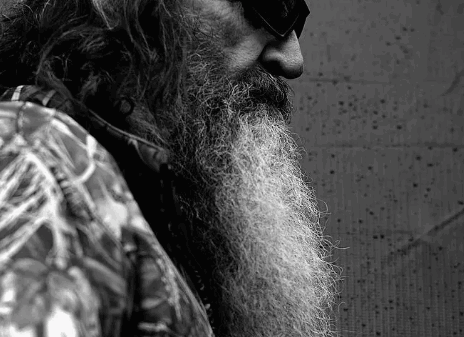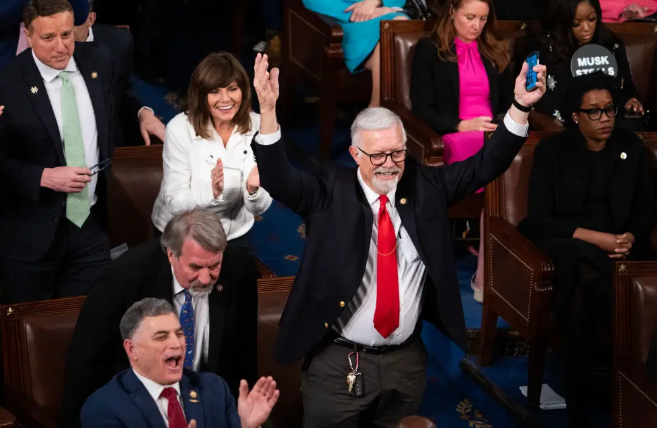President Donald Trump’s second term has taken a decidedly different path from his first, marked by a heavy reliance on executive orders and a starkly limited legislative agenda in the first 100 days of his presidency.
While Trump’s return to the White House was expected to spark a surge of new legislation from the Republican-controlled Congress, the reality has been more subdued. Instead of focusing on passing major bills, Trump has issued an unprecedented 135 executive orders, bypassing Congress to implement much of his agenda. So far, Congress has only passed six bills in the first 100 days of Trump’s second term, five of which have been signed into law—the fewest for any president in the past seven decades, according to a TIME analysis. In comparison, Trump signed 30 bills into law by his 100th day during his first term.
The modest bills passed so far have been focused on undoing regulations established by the previous administration. Three of the six bills involved the repeal of Biden-era rules, such as those on environmental protections and cryptocurrency taxation, using the Congressional Review Act (CRA). Other notable legislation included a stopgap funding bill to prevent a government shutdown and two bills addressing issues like immigration and the rise of non-consensual deepfake pornography.
Despite the lack of major legislative achievements, Republicans in Congress have largely supported Trump’s expansive use of executive power, which has included actions like mass deportations under the Alien Enemies Act and national emergencies to impose tariffs on foreign goods.
Senate Minority Leader Chuck Schumer expressed concern over the Republican Party’s willingness to surrender legislative power to the President, saying, “They just bowed down to the President, and they’re surrendering their power.”
As the 100-day mark approaches, Trump has focused his efforts on pushing for a comprehensive legislative package that aims to extend the 2017 tax cuts, boost military spending, and ramp up immigration enforcement. This proposed “one big, beautiful bill” would likely require reconciliation to pass without Democratic support, though divisions within the Republican Party remain over the details, particularly concerning cuts to social programs and the federal debt ceiling.
One of the most high-profile pieces of legislation to pass so far is the Laken Riley Act, which mandates the detention of immigrants charged with serious crimes, and a bill aimed at tackling deepfake pornography. These measures reflect Trump’s ongoing focus on border security and new technology-related challenges.
While Trump’s reliance on executive orders to push his agenda remains a defining feature of his presidency, it is unclear how much of his legislative vision will be realized without broader cooperation from Congress. The looming threat of a government default and increasing tensions within the GOP over fiscal matters could add further complexity to the unfolding legislative battles.





